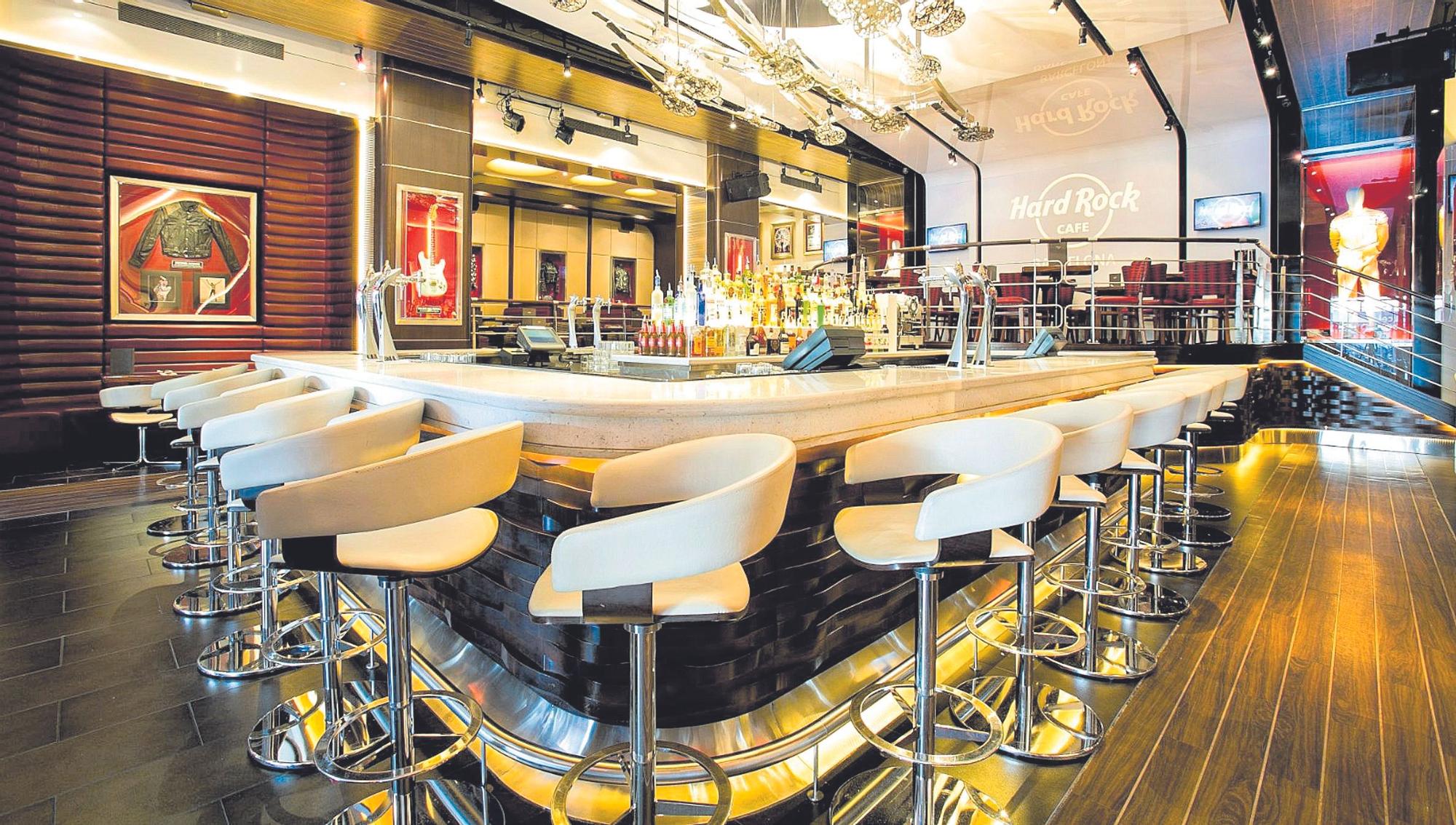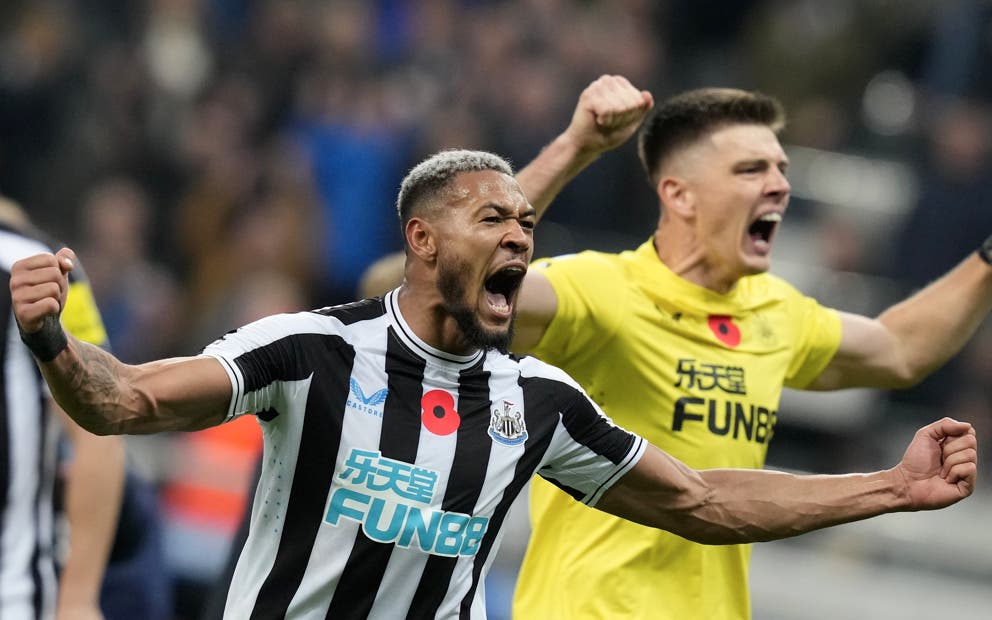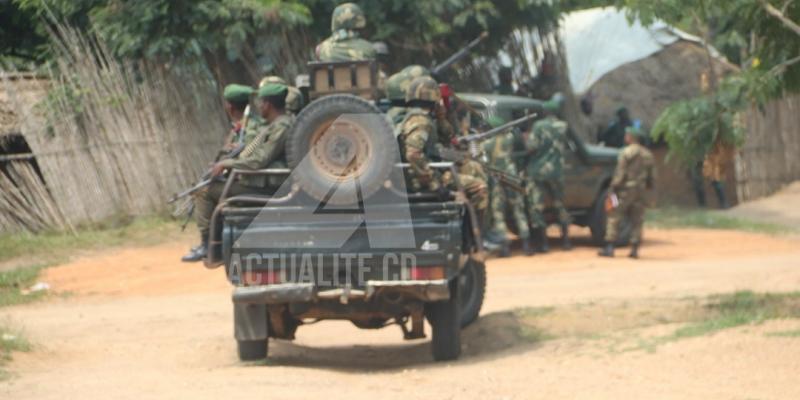-
The Catalan capital vies for first place in terms of turnover with its London counterpart, the first of the group, inaugurated 51 years ago
Hard Rock Cafe Barcelona, located in the central Plaza de Catalunya, celebrates its 25th anniversary this November. It is one of two offices – the second is in Seville – that the company maintains in Spain, after the one in Madrid had to close in the midst of the pandemic. Born in 1997, the one in Barcelona can boast of being at the forefront of the many Hard Rock Cafès scattered throughout the European continent. Year after year, the first position in the standings contends with the Londoner, who plays with the advantage of being the original, and having been inaugurated 51 years ago. Catalan is also the center of innovation for the group – that’s where they test what other cafés will implement next.
“We don’t want to be the Americans of downtown Barcelona,” says the European director of sales and marketing, Charles Casas. The intention of Hard Rock Cafe Barcelona is to become one with the city, to be part of it and its history, despite the fact that the vast majority of its customers are tourists. Thus, one of the team’s great obsessions in the city is to attract more and more local audiences. And they allocate a large part of their investments to this.
In monetary terms, Barcelona has chained record turnovers year after year, since around 2012, even if the company did not want to specify with what figures. However, like all restaurants, Hard Rock Cafe has also suffered the consequences of the coronavirus pandemic. Basically because they had to close for several months and, when they were able to reopen, they did so with capacity limits. Furthermore, the fact that the establishment depends so directly on tourism complicated matters, as no one was coming to the city at the time. Since the virus outbreak, billing hasn’t been the same.
It is true that an established chain like this one it cost him much less effort to bear the flood. But he wasn’t even released. In Barcelona, the company’s flagship in Spain, this year too is not expected to match the billing figures recorded in 2019. But Casas hopes that this situation will be regulated next year.
For their part, the Hard Rock regular customer has a medium-high purchasing power. Company merchandise isn’t available to everyone, and neither is food. A t-shirt with the well-known printed logo costs more than 30 euros, and a classic menu of hamburgers, fries and drinks is around 20. The group works with 90% of the food at 0 km, which can come either from El Prat de Llobregat and from Granollers or Vic, among other Catalan towns.
Furthermore, the place claims to be an eminently family restaurant, moving away from some preconceived perceptions that have accompanied it since its origins. “We don’t just play hard rock,” Casas tries to deny. “Any music with a positive, goosebump-inducing message plays here,” he says. He is also happy that some groups that have reached the top of the Spanish music scene have taken their first steps in the cafe: Estopa, Macaco or Sindonie, among them.
more than food
Its sales strategy also includes offering “a complete experience”. The food, which carries the main weight of the activity, is complemented by the atmosphere, music or children’s activities on weekends. And part of that experience is completed by the waiters, who are expected to share brand values, such as ‘do not exclude anyone, regardless of ethnicity or religion’.
This philosophy of the brand is reproduced in the other establishments of the brand. Specifically, in the activities included under the Hard Rock International logo. These are hotels and entertainment centers, which include casinos. The former were promoted in Europe. The second, in the United States. Be that as it may, those are the Hard Rock establishments that have grown the most in terms of revenue in recent years.
The project in Tarragona, paralysed
The Hard Rock International group has been between the two eyebrows for more than four years for the launch of the Hard Rock Entertainment World project, a leisure center that would include a casino between Vila-seca and Salou (Tarragona), near Port Aventura. This project collides head-on with the opposition of environmental associations, which point to it as invasive for the territory.
Furthermore, the Generalitat de Catalunya has recently issued a preliminary report which, while not invalidating the urban plan of the project, requires modifications to ensure compliance with certain environmental criteria.
Carles Casas, Hard Rock Cafe’s director of sales and marketing for Europe, regrets that the approval is complicated and defends that negotiations are still ongoing. But he believes that the workers who make a living from tourism in that area “have understood that for them it is something positive” due to the volume of customers that the complex can attract.
Related news


